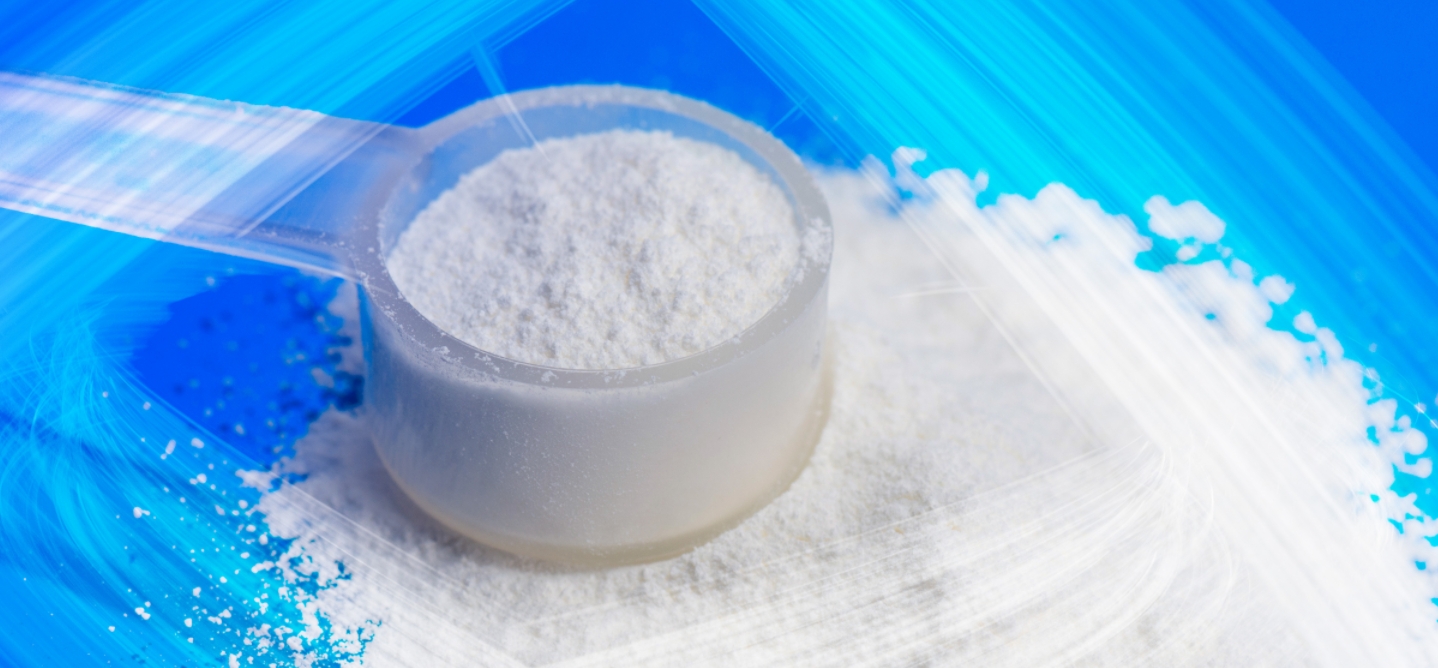Understanding Creatine: Is It Right For You?

Table of Contents
What is Creatine and How Does it Work?
Creatine is a naturally occurring organic compound primarily found in skeletal muscle. Your body naturally produces creatine, but supplementation can significantly boost your muscle's creatine stores. Its primary function centers around energy production. Specifically, creatine helps replenish adenosine triphosphate (ATP), the body's main energy currency, crucial for high-intensity activities. Creatine supplementation increases muscle phosphocreatine levels, a crucial step in ATP regeneration, leading to improved performance during short bursts of intense exercise. Creatine monohydrate is the most researched and widely used form, with the most evidence supporting its effectiveness.
- Creatine is a naturally occurring compound found in muscle tissue and some foods. Your liver, kidneys, and pancreas also produce it.
- It acts as a crucial energy buffer, enhancing ATP regeneration. This means your muscles can work harder for longer before fatigue sets in.
- Creatine supplementation increases muscle phosphocreatine levels, directly impacting energy availability. This leads to noticeable improvements in strength and power.
- Various types of creatine exist, but creatine monohydrate remains the gold standard due to extensive research. Other forms, while marketed differently, haven't shown significant advantages.
Benefits of Creatine Supplementation
The scientific evidence strongly supports numerous benefits associated with creatine supplementation. These benefits extend beyond just muscle growth, impacting various aspects of athletic performance and even cognitive function.
- Increased muscle mass and strength: Creatine supplementation is well-established for promoting significant gains in muscle mass and strength, particularly when combined with resistance training.
- Enhanced power output during high-intensity exercise: Whether it's sprinting, weightlifting, or plyometrics, creatine helps improve explosive power and performance in short, intense activities.
- Improved athletic performance in various sports: The benefits are seen across a range of sports, including weightlifting, powerlifting, sprinting, and even some endurance-based activities involving high-intensity intervals.
- Potential cognitive benefits: Some studies suggest creatine may improve memory and other cognitive functions, although more research is needed in this area.
- Faster recovery from intense workouts: By aiding ATP replenishment, creatine may help reduce muscle soreness and fatigue after strenuous exercise, leading to faster recovery.
Potential Side Effects and Precautions
While generally safe for healthy individuals, creatine supplementation can sometimes lead to mild side effects. It's crucial to understand these potential issues and take appropriate precautions.
- Water retention (weight gain): Creatine attracts water into muscle cells, leading to a temporary increase in body weight. This is usually harmless and often diminishes with continued use.
- Mild stomach cramps or digestive discomfort: Some individuals experience mild digestive upset, often resolved by adjusting the dosage or taking creatine with food.
- Rare cases of kidney issues: These are primarily associated with individuals who already have pre-existing kidney problems or those who do not adequately hydrate. Proper hydration is crucial when using creatine.
- Importance of proper hydration: Drinking plenty of water throughout the day is vital when taking creatine to help mitigate potential side effects and support kidney function.
Creatine Dosage and Usage
The typical creatine supplementation protocol involves a loading phase followed by a maintenance phase.
- Loading phase: This usually involves taking a higher dose (20 grams per day) for the first 5-7 days to rapidly saturate your muscles with creatine.
- Maintenance phase: After the loading phase, a lower daily dose (3-5 grams) is sufficient to maintain muscle creatine levels.
- Importance of consistent intake: Consistency is key for optimal results. Skipping days or being inconsistent will significantly reduce the effectiveness of creatine supplementation.
- Different forms of intake: Creatine is available as a powder (easily mixed into drinks) or capsules. The powder form is generally more cost-effective.
- Creatine cycling: While some people cycle on and off creatine, there's limited scientific evidence to support its necessity. Consistency in the maintenance phase is generally recommended.
Is Creatine Right for You?
Whether creatine is right for you depends on several factors, including your health status, fitness goals, and dietary habits.
- Consult your doctor: Before starting any new supplement, especially if you have pre-existing health conditions (like kidney disease), it's vital to consult your doctor.
- Creatine is generally safe for healthy individuals: With proper usage and hydration, the risk of adverse effects is low.
- Consider your training goals: Creatine is particularly beneficial for those focused on strength training, powerlifting, or high-intensity activities.
- Dietary considerations: Vegetarians and vegans may benefit more from creatine supplementation due to lower dietary intake of creatine.
Conclusion
Creatine supplementation can be a valuable tool for enhancing athletic performance and muscle growth for many individuals. We've explored the mechanisms, benefits, potential side effects, and optimal usage of creatine. Remember that while creatine offers significant potential benefits, it's crucial to prioritize safety and individual needs. Consult your doctor before incorporating creatine into your routine. Learn more about creatine and its potential to help you achieve your fitness goals, but remember to consult your doctor before incorporating creatine into your routine.

Featured Posts
-
 Wwii Veterans Sherman Tank Vs Tesla A Viral Video Explained
May 16, 2025
Wwii Veterans Sherman Tank Vs Tesla A Viral Video Explained
May 16, 2025 -
 Examining President Bidens Recent Denials
May 16, 2025
Examining President Bidens Recent Denials
May 16, 2025 -
 Jayson Tatums Respect Knicks Earn Celtics Stars Praise After Game 1
May 16, 2025
Jayson Tatums Respect Knicks Earn Celtics Stars Praise After Game 1
May 16, 2025 -
 The Biggest Hurdle For The Top 10 Nba Teams
May 16, 2025
The Biggest Hurdle For The Top 10 Nba Teams
May 16, 2025 -
 This Mlb All Star Explains His Issues With The Torpedo Bat
May 16, 2025
This Mlb All Star Explains His Issues With The Torpedo Bat
May 16, 2025
